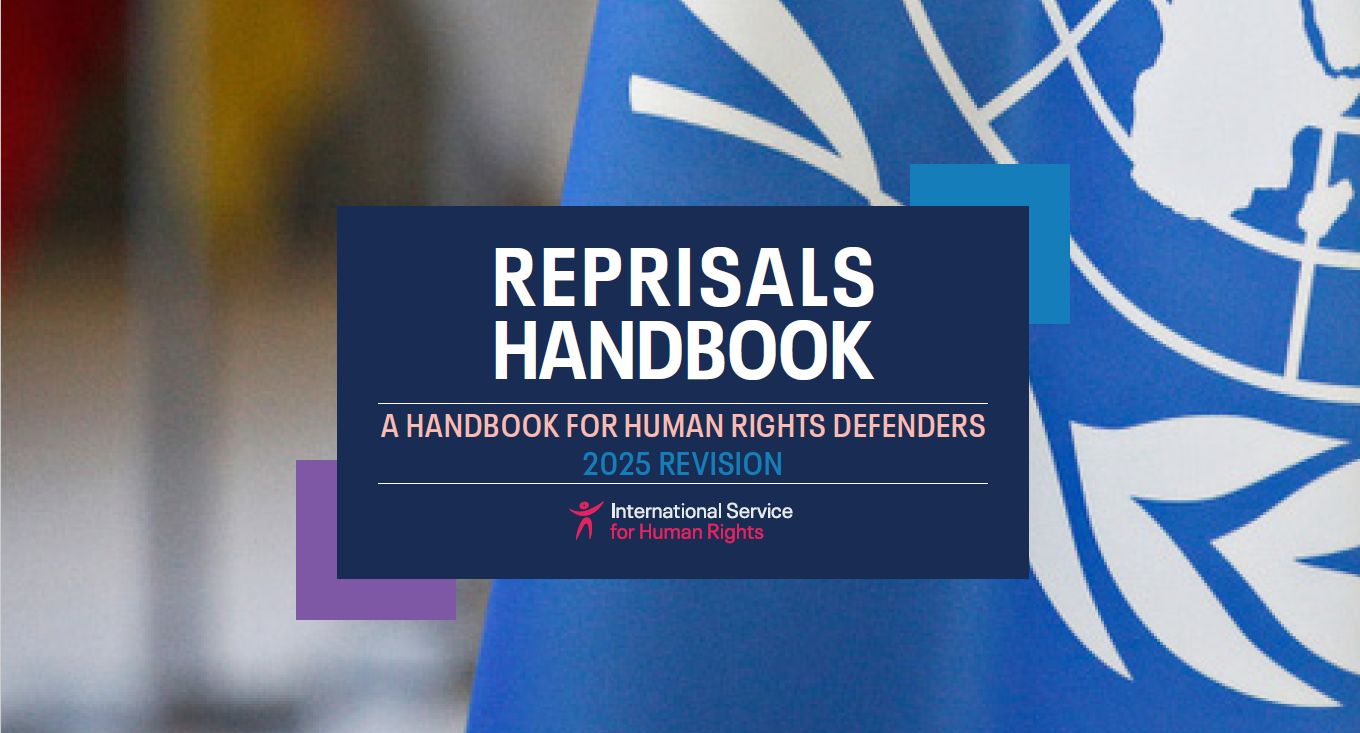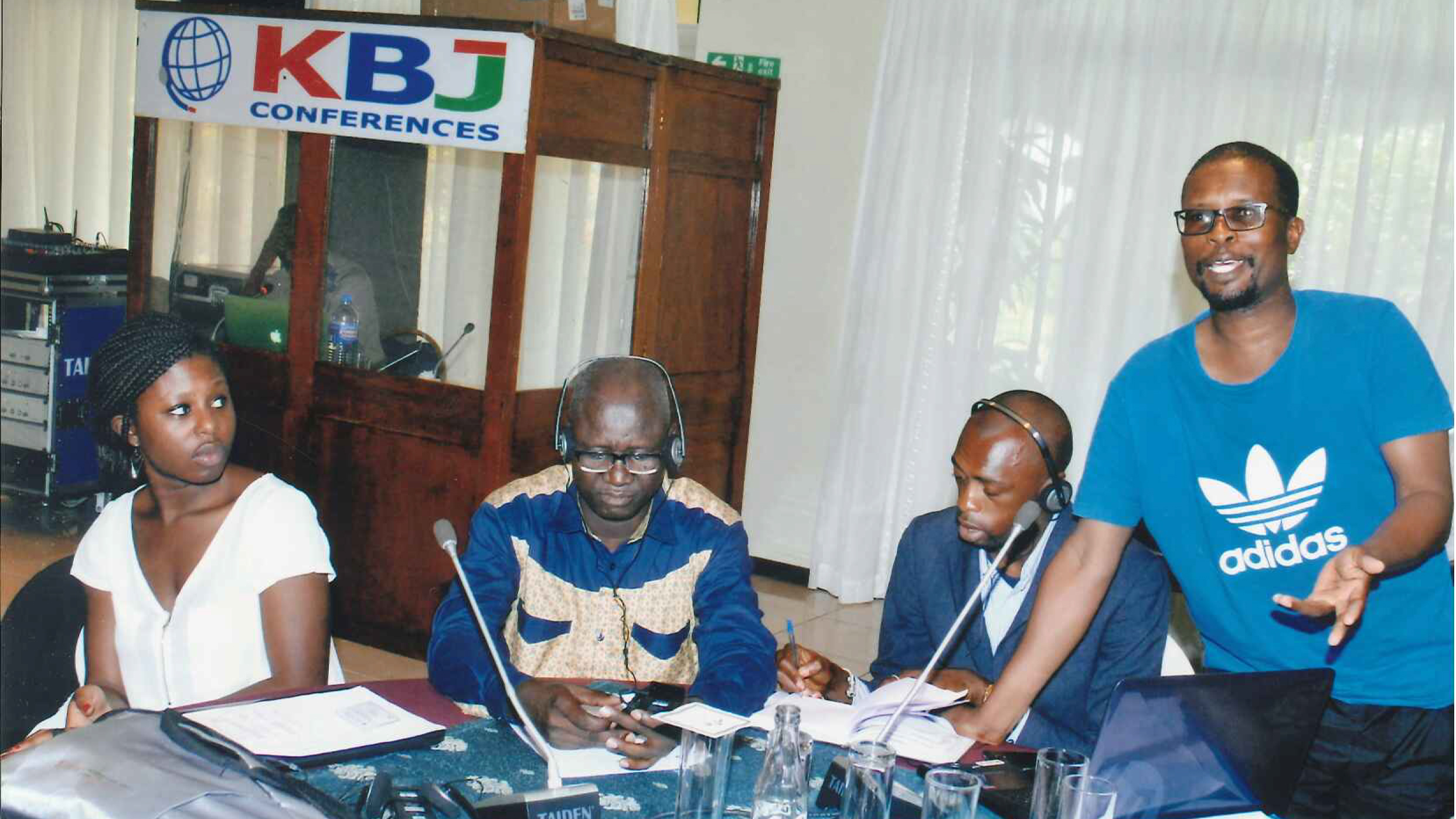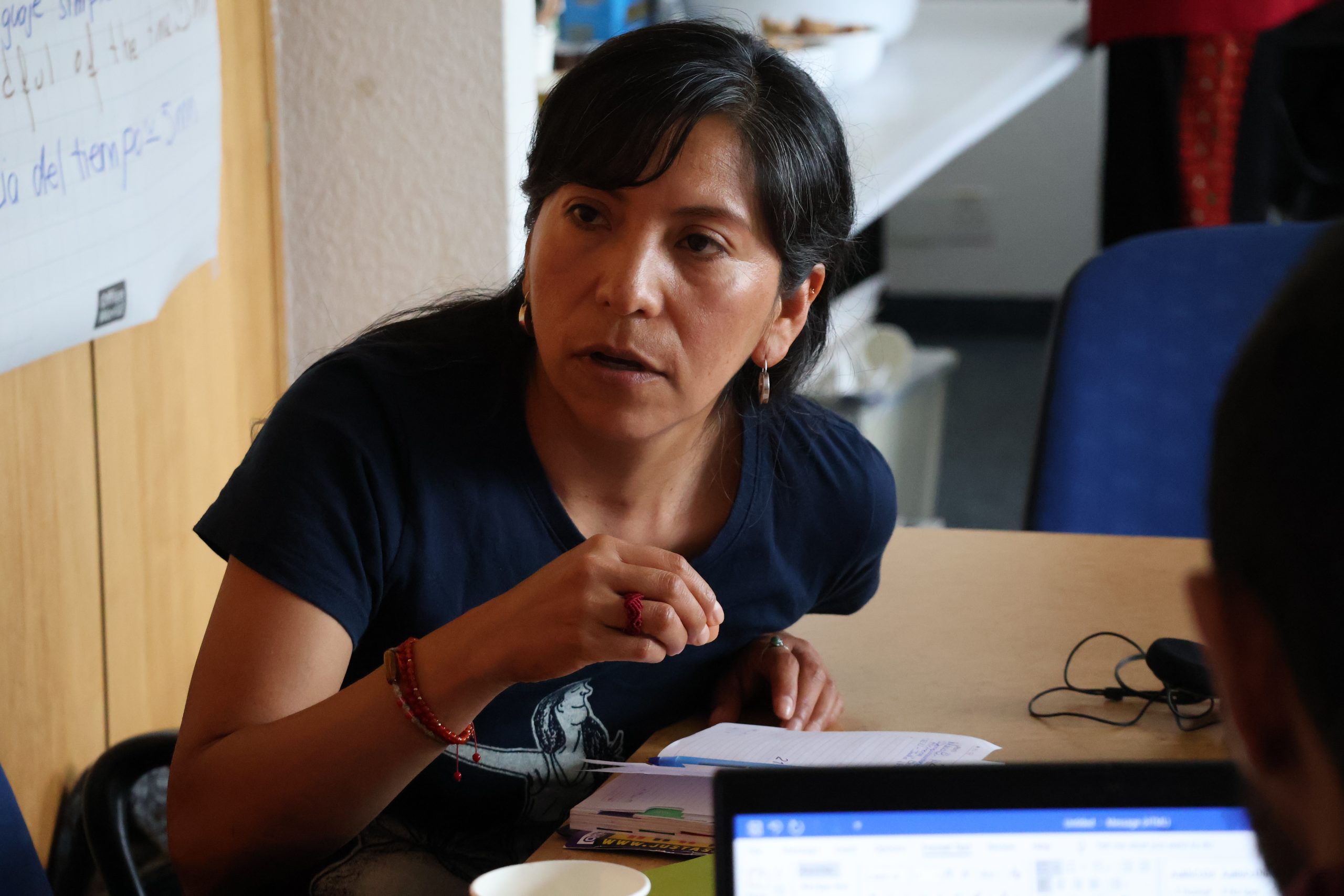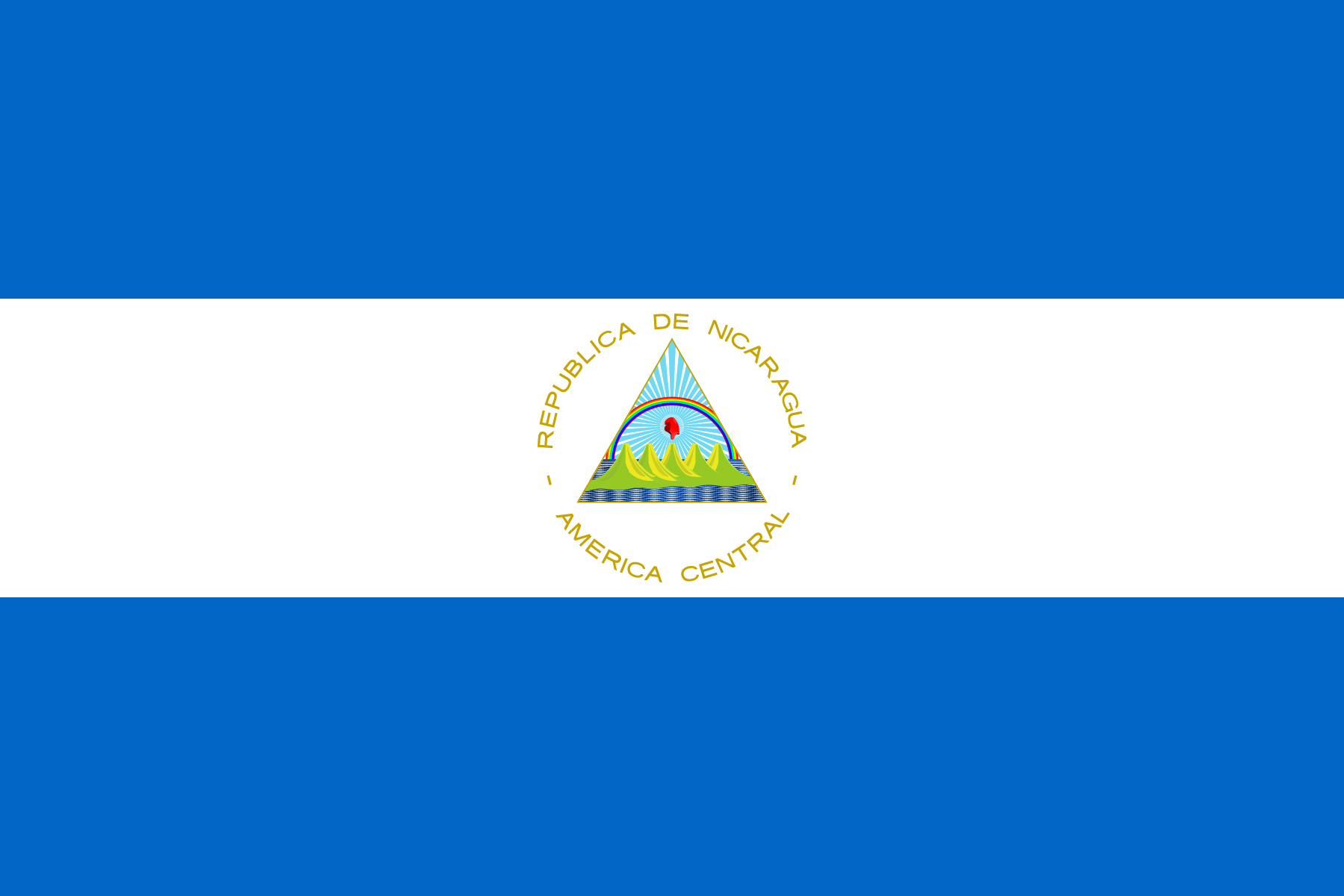This year, the training for African human rights defenders co-organised by ISHR, the African Centre for Democracy and Human Right Studies (ACDHRS) and the Office of the High Commissioner for Human Rights (OHCHR) lasted for three days and included approximately 25 human rights defenders from various African countries. The training took place in Banjul and was held prior to the NGO Forum preceding the 61st session of the African Commission on Human and Peoples’ Rights (‘the Commission’).
The training was aimed at providing African human rights defenders with the necessary tools to better interact with all specific aspects of the international and regional human rights mechanisms. It was also an occasion for participants to share and learn from each other’s experiences.
The first day of training, Wednesday 25 October, focused on the specific human rights mechanisms at the international level, giving the participants an overview of the tools at their disposal and how to benefit from them for a better protection in their respective countries. During this first day, participants who had interacted with the UN system in the past were given the opportunity to contribute by sharing their experience.
The next day provided insights into the human rights mechanisms at the regional level and the advancement of specific rights within the continent – such as freedom of association and assembly. Participants were familiarised with the historical background of the Commission, its legal framework, the work of its Special Procedures and how to interact with these mechanisms as a civil society organisation (CSOs). Discussions tackled the need for CSOs to be creative in their approach to regional human rights mechanisms and ways to advocate at the regional level for a better implementation of the Commission’s decisions.
Some participants shared the challenges they faced to obtain observer status at the Commission or to participate in the State review process as a result of late communication of State reports by the Commission. Furthermore, questions were raised regarding the use of all legal documents enacted by the Commission at the national level, innovative ways to enforce them and suggestions towards reforming the Commission.
The second day was concluded by a role play exercise of an African Commission session during which participants impersonated members of States, NGOs and the Commission. This allowed participants to have a real taste of the way these human rights platforms work.
The last day identified the ways for NGOs to contribute to the realisation of human rights on the continent and the opportunities, successes and challenges of engaging with international and regional human rights mechanisms. It ended with a fish bowl exercise where participants made recommendations on how to improve their participation at the Commission, listed opportunities and shared their successes.
This training was once again a success and participants renewed their interest in having such a training annually before the NGO Forum.
Photo: ISHR




